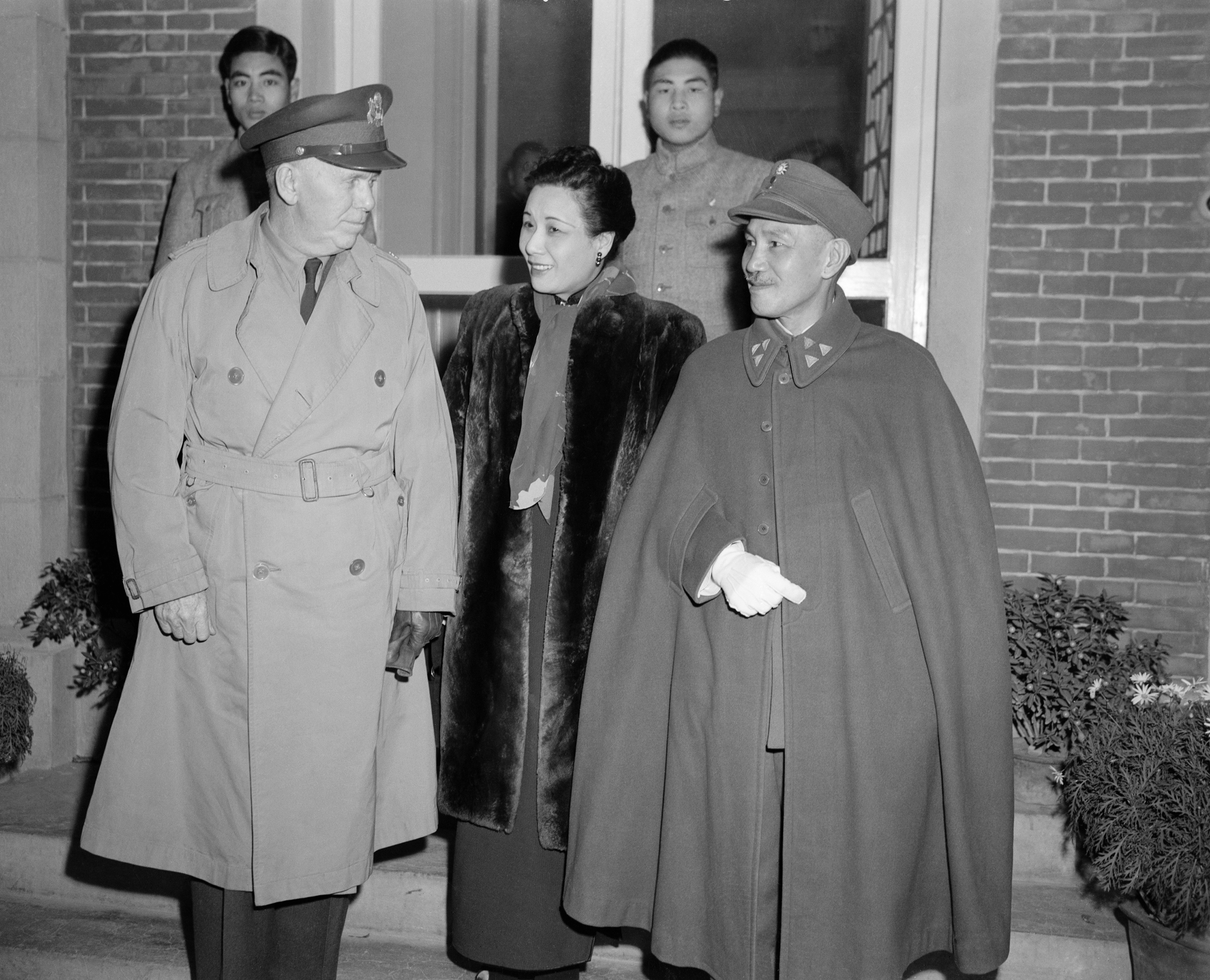
Through the Chinese civil war, the United States backed the ruling Nationalist govt, led by the Kuomintang. The Soviet Union supported the Chinese Communist Occasion, which ultimately took electrical power and set up the People’s Republic of China.
The US ongoing to aid the Kuomintang, or KMT, authorities right after it retreated to Taiwan following its defeat. The US presented the KMT with growth guidance to develop its financial system and initially shunned the People’s Republic as an ideological and military adversary.
But subsequent a diplomatic conflict concerning Beijing and Moscow in the 1960s — recognized as the Sino-Soviet split — relations among the US and the People’s Republic commenced to thaw.
By 1979, the US had joined a rising checklist of nations to formally switch diplomatic recognition from Taipei to Beijing.
The A person China policy: In what is known as the “A person China” plan, Washington recognizes the People’s Republic of China as the sole legitimate governing administration of China. It also acknowledges Beijing’s position that Taiwan is part of China. Having said that, the US has under no circumstances accepted the Communist Party’s declare of sovereignty above the island.
In the meantime, the US carries on to retain close unofficial ties with Taiwan less than the terms of the many years-outdated Taiwan Relations Act, facilitating business, cultural and other exchanges by means of the American Institute in Taiwan — the de facto US Embassy in Taipei.
Strategic ambiguity: The US maintains near unofficial ties with Taiwan, and is sure by regulation to provide Taiwan with defensive arms. But it continues to be intentionally obscure on no matter if it would defend Taiwan in the celebration of a Chinese invasion, a plan known as “strategic ambiguity.”
This is intended to dissuade any these types of invasion by preserving open up the likelihood of a US armed forces reaction. At the very same time, it’s meant to avoid providing Taiwan the form of assurance that could prompt it to declare formal independence. The intention is to maintain the status quo and to stay clear of a war in Asia — and so significantly it seems to have worked, letting Washington to wander the tightrope of relations with both equally sides.
Biden’s remarks: But under Biden, some observers say that “strategic ambiguity” has become somewhat a lot less ambiguous. Since taking business, Biden has said on 3 events the US would be keen to intervene militarily should really the Chinese attack Taiwan — nevertheless the White Dwelling has rushed to stroll back his remarks every time.
Go through much more about China-Taiwan tensions right here.





More Stories
How to Create the Perfect Housekeeping Schedule
Must-Have Housekeeping Supplies for Every Household
Top Natural Cleaning Products for a Healthier Home